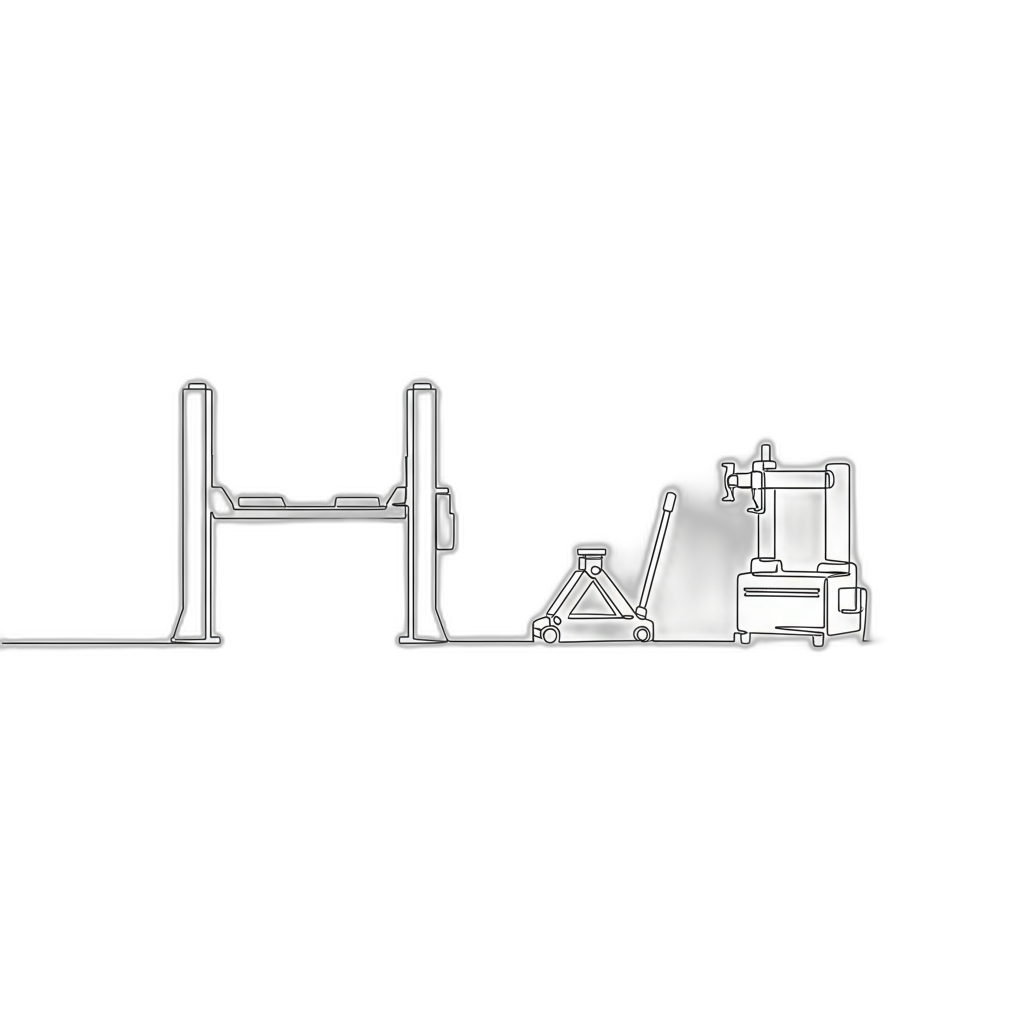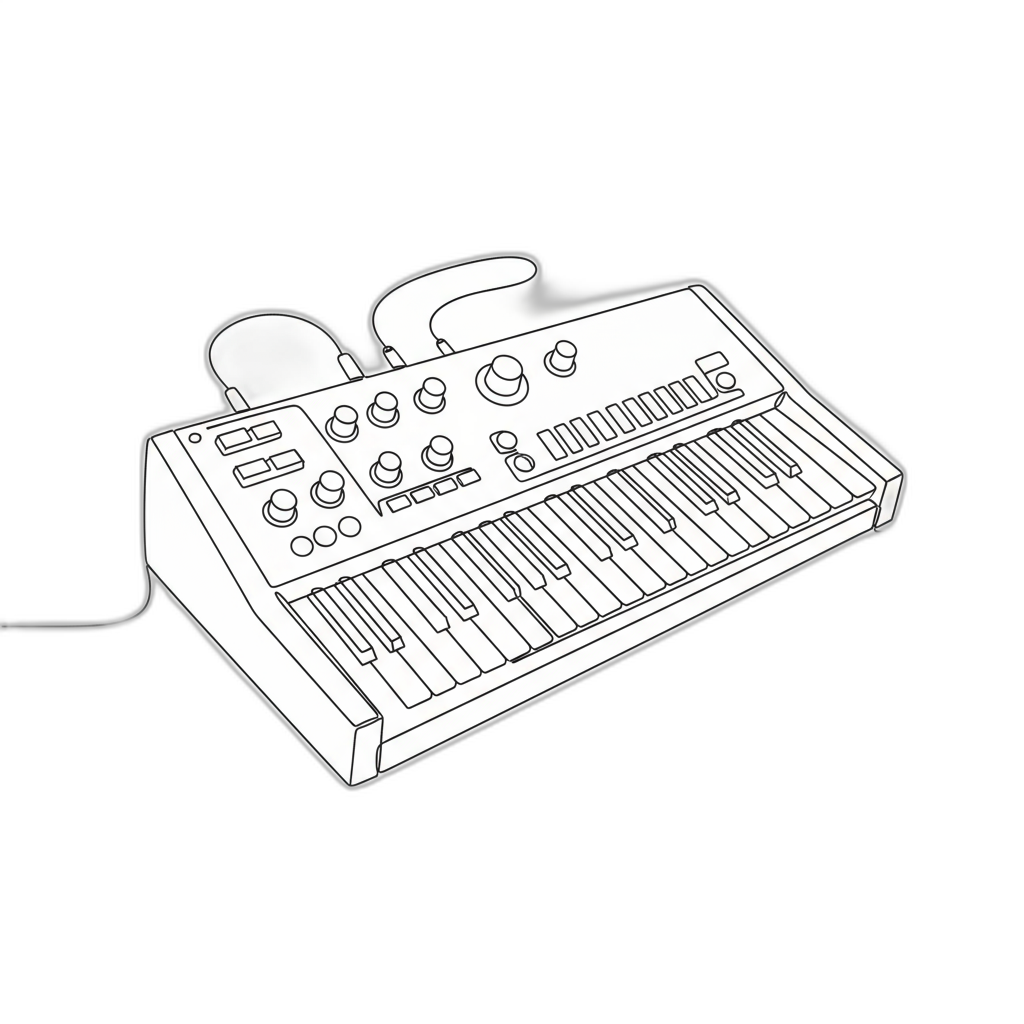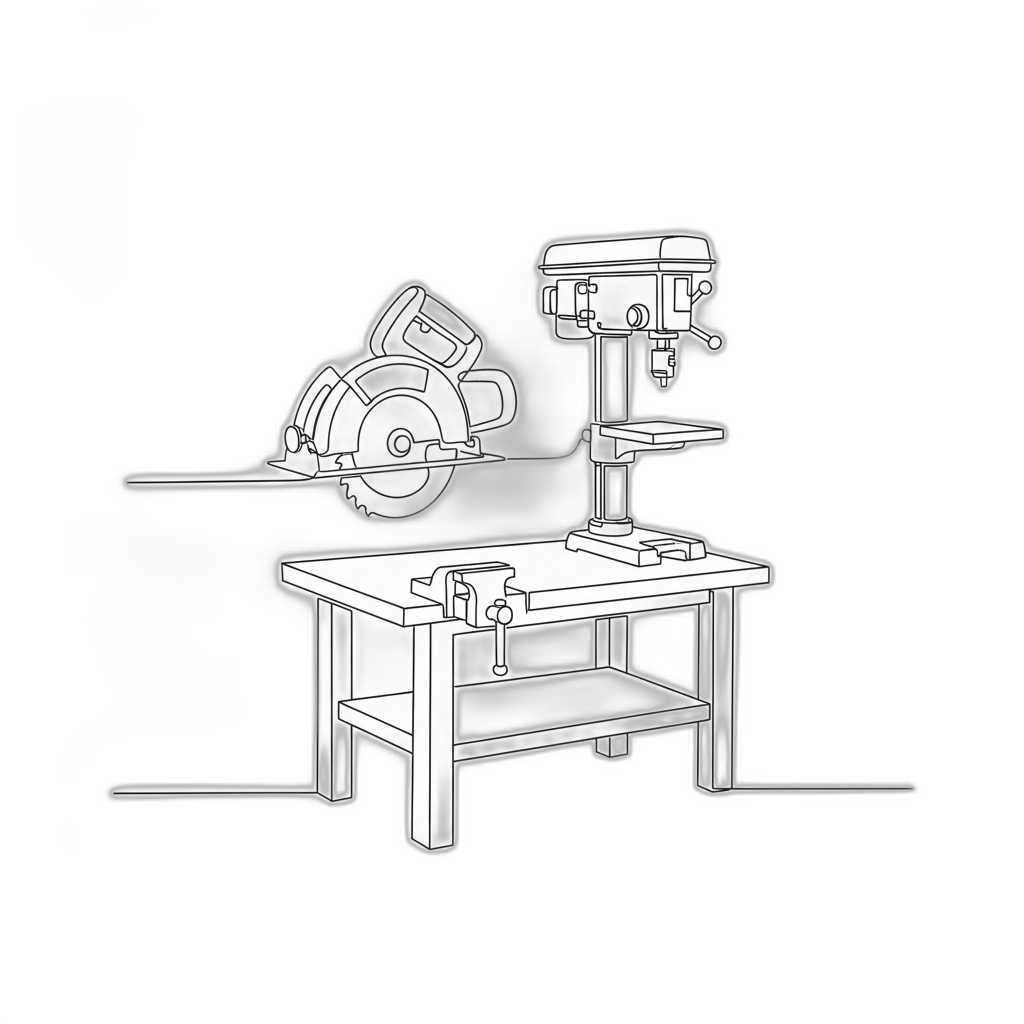






5-Star Service, Trusted & Loved by Hundreds
Your Appraiser Search Ends Here
Your Appraiser Search Ends Here
.avif)

Nationwide Coverage – Appraisals Anywhere in the US

Get it done Onsite or Online

Any Asset, Covered

Defensible for Any Purpose
Frequently Asked
Questions
No Frequently Asked Questions Found.
At its core, M&A encompasses two primary transaction types: mergers, where two companies combine to create a new unified entity, and acquisitions, where one company purchases another. These transactions are driven by sophisticated strategic objectives that extend beyond simple financial transactions.
Mergers can occur across multiple dimensions, including horizontal alignments within the same industry, vertical integrations across supply chain stages, and even conglomerate combinations across unrelated business sectors. Each merger type serves distinct strategic purposes, from increasing market share to diversifying operational capabilities.
Acquisitions similarly offer nuanced approaches, ranging from friendly transactions negotiated with mutual consent to more aggressive hostile takeovers. These strategies allow companies to rapidly expand capabilities, enter new markets, and access specialized resources without undertaking lengthy internal development processes.
The underlying motivations for M&A are multifaceted. Companies pursue these strategies to accelerate growth, mitigate market risks, access new technologies, consolidate competitive positions, and create enhanced shareholder value. Successful transactions require meticulous financial analysis, strategic alignment, and comprehensive due diligence.
While these corporate transformations can generate substantial opportunities, they also present complex challenges. Cultural integration, operational alignment, and maintaining organizational momentum represent critical considerations that determine long-term success. Businesses must carefully evaluate potential synergies and potential disruptions throughout the M&A process.
An appraisal during M&A serves as a comprehensive financial diagnostic tool, offering multifaceted benefits that extend far beyond a simple price tag. It provides a nuanced, objective assessment that illuminates the intrinsic and potential value of business entities, enabling informed decision-making across multiple dimensions.
The primary function of an M&A appraisal is to establish a precise, defensible valuation that serves as a foundation for negotiations. This valuation goes beyond surface-level financial metrics, delving into intricate aspects of company performance, market positioning, asset quality, and future growth potential.
For stakeholders, an independent appraisal delivers transparency and credibility. It offers a comprehensive view that helps shareholders, board members, and potential investors understand the strategic rationale and financial justification of the proposed transaction. The appraisal acts as an impartial arbiter, mitigating potential conflicts and ensuring equitable treatment of all parties involved.
Financial reporting requirements further underscore the importance of a rigorous appraisal. Companies must meticulously document transaction details, including asset valuations, goodwill calculations, and potential liabilities. A professional appraisal ensures compliance with complex accounting standards and regulatory guidelines.
Tax considerations represent another critical dimension of M&A appraisals. Different transaction structures carry varied tax implications, and a detailed valuation can help organizations optimize their tax strategy, potentially identifying significant financial advantages or mitigating potential liabilities.
During due diligence, an appraisal serves as a comprehensive investigative tool. It helps uncover hidden value, potential risks, and strategic opportunities that might not be immediately apparent. This deep-dive analysis supports more informed decision-making and robust risk management strategies.
In scenarios where post-transaction disputes emerge, a well-documented appraisal becomes an authoritative reference point. Its detailed methodology and comprehensive analysis can provide clarity and serve as crucial evidence in potential legal or financial disagreements.
Ultimately, an M&A appraisal transcends mere numerical calculation. It represents a strategic instrument that guides organizational transformation, supports critical decision-making, and provides a holistic understanding of business value in an increasingly complex corporate landscape.
Professional certified appraisers utilize sophisticated methodologies to analyze machinery value, considering multiple critical factors. These include equipment age, current condition, operational performance, maintenance history, technological relevance, and prevailing market conditions. By incorporating detailed examinations of physical attributes and economic context, appraisers can generate an accurate and defensible valuation.
The appraisal process typically involves three primary valuation approaches: cost, market, and income. The cost approach evaluates replacement expenses while accounting for depreciation. The market approach compares similar equipment transactions to establish fair market value. The income approach estimates potential future economic benefits generated by the machinery.
Key considerations during an equipment appraisal extend beyond simple numerical calculations. Appraisers carefully assess unique characteristics like specialized modifications, technological capabilities, and potential obsolescence. They also examine maintenance records, operational efficiency, and broader industry trends that might influence asset value.
The resulting comprehensive report serves multiple strategic purposes. It provides crucial documentation for financial transactions, insurance coverage, tax planning, potential sales, mergers, and internal asset management. By offering an objective, professional evaluation, equipment appraisals enable businesses to make informed decisions about their capital assets.
Ultimately, an Equipment & Machinery appraisal delivers more than just a monetary figure. It provides a nuanced understanding of an organization's technological infrastructure, supporting strategic planning and financial transparency.
When photographic documentation requires supplementation, professional appraisers leverage video conferencing platforms to conduct live consultations. These virtual interactions enable real-time discussions about equipment specifics, allowing for a more nuanced evaluation of complex machinery or specialized assets. Such remote assessment methods can significantly reduce time and travel expenses associated with traditional in-person appraisals.
The effectiveness of online appraisals depends on several critical factors. High-resolution, well-lit photographs that capture multiple angles and key mechanical details are essential for accurate initial assessments. Clients should be prepared to provide comprehensive documentation, including maintenance records, operational history, and any unique modifications or features that might impact the equipment's value.
While online appraisals offer remarkable convenience, they are not universally applicable. Certain highly specialized or intricate equipment may still require in-person examination to ensure a comprehensive and precise valuation. Professional appraisers will typically indicate when a remote assessment is insufficient and an on-site inspection becomes necessary.
Clients should always verify an appraiser's professional credentials and ensure the evaluation meets industry standards, particularly the Uniform Standards of Professional Appraisal Practice (USPAP). This diligence guarantees the reliability and credibility of the appraisal for potential uses such as financial reporting, insurance claims, or resale considerations.
Different types of equipment appraisers emerge from specific industrial domains, each bringing targeted expertise to the valuation process. Construction equipment appraisers evaluate heavy machinery like excavators and cranes, understanding regional development trends and equipment performance characteristics. Manufacturing equipment specialists focus on production machinery, analyzing technological complexity, usage history, and potential productivity impact.
Agricultural equipment appraisers examine farming machinery with nuanced understanding of seasonal productivity and technological advancements. Medical equipment professionals navigate intricate healthcare technology landscapes, assessing sophisticated diagnostic and surgical instruments. Transportation equipment experts evaluate vehicles and logistics equipment, considering depreciation rates and market demand dynamics.
Heavy equipment appraisers bring specialized knowledge to complex industrial machinery used in sectors like mining and energy. Technology equipment specialists track rapid technological evolution, providing critical insights into rapidly depreciating digital assets and communication systems.
Each appraiser type represents a unique intersection of technical knowledge, market understanding, and industry-specific insights. Their professional assessments provide crucial information for business decision-making, asset management, insurance purposes, and strategic planning across multiple economic sectors.
Insurance coverage represents a primary driver for professional appraisals. An accurate valuation ensures precise protection against potential losses, preventing both underinsurance vulnerabilities and unnecessary premium expenditures. By establishing a credible baseline for asset worth, organizations can design insurance strategies that are both protective and cost-effective.
Tax compliance represents another compelling rationale for equipment appraisals. When donating high-value machinery or equipment, a professional assessment becomes essential for substantiating tax deduction claims. These documented valuations provide the necessary transparency to satisfy regulatory requirements while potentially maximizing financial benefits.
Financial reporting demands rigorous asset valuation. Appraisals offer a clear, defensible representation of equipment value on balance sheets, enabling more sophisticated financial analysis. This transparency becomes particularly crucial when attracting investors or securing lending, as financial institutions rely on precise asset assessments to evaluate collateral and organizational health.
Legal proceedings frequently necessitate objective equipment valuations. During complex scenarios like partnership dissolutions or divorce settlements, a professional appraisal provides an impartial benchmark for asset division. The documented valuation serves as a credible reference point for negotiations, potentially mitigating potential conflicts.
Transaction dynamics also benefit significantly from professional appraisals. Whether purchasing or selling machinery, an independent valuation establishes a fair market baseline. This approach fosters trust between parties, facilitates more transparent negotiations, and helps prevent potential disputes arising from subjective price perceptions.
Strategic asset management represents the most forward-looking benefit of equipment appraisals. Regular assessments provide insights into asset depreciation, replacement timing, and potential upgrade opportunities. By understanding the precise value and condition of existing equipment, organizations can make more intelligent decisions about resource allocation, technological investments, and long-term operational planning.
Ultimately, a professional equipment and machinery appraisal transcends mere number-crunching. It represents a sophisticated tool for financial governance, risk management, and strategic organizational development.
Why Do Equipment Appraisals Matter in M&A Transactions?
In mergers and acquisitions (M&A), accurate equipment and machinery appraisals are essential for determining a company's true value. These detailed evaluations of physical assets play a critical role in financial negotiations and strategic decision-making.
Key Reasons Equipment Appraisals Matter in M&A Transactions
1. Comprehensive Asset Valuation
Equipment often represents a substantial portion of a company's overall value. A thorough appraisal provides:
- Clear understanding of asset worth
- Reflection of true market conditions
- Accurate representation of potential investment value
2. Enhanced Financial Transparency
Precise appraisals deliver critical insights for both buyers and sellers, including:
- Accurate risk assessment
- Insights into maintenance costs
- Understanding of depreciation trajectories
- Evaluation of operational efficiencies
3. Regulatory Compliance and Due Diligence
Independent equipment appraisals support:
- Adherence to industry regulatory frameworks
- Fair valuation practices
- Alignment with accounting standards
4. Risk Mitigation and Liability Identification
Comprehensive appraisals help parties:
- Uncover potential hidden equipment liabilities
- Assess equipment condition
- Identify necessary upgrades or replacements
- Mitigate transition risks
5. Financing and Strategic Negotiations
Credible appraisals facilitate:
- Smoother financial institution loan approvals
- Stronger negotiation positioning
- Data-driven discussion environments
- Mutually beneficial agreement frameworks
By conducting comprehensive equipment and machinery appraisals, organizations can protect financial interests and significantly improve the probability of successful M&A transactions.
The Critical Role of Precision in Machinery Valuation
In the realm of mergers and acquisitions (M&A), equipment and machinery valuation serves as a critical component in determining a business's comprehensive value. Precision in this process goes far beyond mere technical assessment—it is the foundational framework for strategic decision-making and financial integrity.
The Complexity of Machinery Valuation
Accurate appraisals are essential for:
- Establishing fair market value
- Guiding strategic negotiations
- Ensuring regulatory compliance
- Mitigating financial risks
Fundamental Valuation Methodologies
Cost Approach
This method calculates the current replacement cost of an asset, meticulously accounting for depreciation. It proves particularly valuable for:
- Unique or specialized equipment
- Assets with limited market transaction data
- Assessing potential replacement expenses
Market Approach
Appraisers analyze recent sales data of comparable machinery to benchmark value. Key advantages include:
- Real-time market insights
- Transparent valuation metrics
- Relevance in active equipment markets
Income Approach
This methodology evaluates future income potential, offering a forward-looking perspective on machinery value. Ideal for:
- Income-generating equipment
- Rental machinery
- Assets with predictable cash flow streams
Strategic Implications of Precise Valuation
In M&A transactions, valuation precision carries substantial stakes. An imprecise assessment can trigger significant financial consequences, including:
- Misaligned buyer-seller expectations
- Prolonged negotiation periods
- Potential transaction failures
The Expertise Factor
Successful machinery valuation demands professionals who can expertly navigate complex variables such as:
- Market demand fluctuations
- Technological advancements
- Equipment's physical condition
- Industry-specific nuances
Conclusion
By prioritizing accuracy and engaging qualified appraisal experts, stakeholders can transform machinery valuation from a mere technical exercise into a strategic tool that enhances transparency, builds trust, and facilitates smoother M&A processes.
Key Determinants of Equipment Market Worth
Key Factors Influencing Equipment Market Value
Understanding the critical determinants of equipment market worth is essential for making informed decisions in mergers and acquisitions. These factors provide a comprehensive framework for accurately assessing machinery and equipment value in business transactions.
1. Age and Condition of Equipment
- Equipment age directly impacts market value
- Older machinery may be less desirable due to:
- Technological obsolescence
- Increased wear and tear
- Critical evaluation points include:
- Maintenance history
- Operational efficiency
- Overall physical condition
- Well-maintained equipment typically retains higher market value
2. Technological Obsolescence
- Rapid technological advancements can quickly diminish equipment value
- Key considerations:
- Current technological capabilities
- Availability of newer, more efficient models
- Compatibility with modern industry standards
- Cutting-edge features significantly impact equipment valuation
3. Market Demand and Supply Dynamics
- Supply and demand fundamentally drive equipment valuation
- Factors influencing market dynamics:
- Industry-specific equipment requirements
- Current market inventory
- Unique equipment specifications
- Potential scenarios:
- High demand + Limited supply = Increased value
- Oversaturated market = Decreased value
4. Economic and Industry Trends
- Economic conditions significantly impact equipment valuation
- Critical economic indicators include:
- Industry growth rates
- Capital investment trends
- Sector-specific economic health
- Impact of economic cycles:
- Economic downturns may reduce equipment values
- Industry expansions can maintain or increase values
5. Manufacturer Reputation and Support
- Brand reputation plays a crucial role in equipment valuation
- Key evaluation criteria:
- Manufacturer's market standing
- Quality of after-sales support
- Warranty and service offerings
- Buyer considerations:
- Parts availability
- Technical support
- Long-term reliability
By comprehensively analyzing these determinants, stakeholders can develop a nuanced understanding of equipment market worth, enabling more strategic decision-making during mergers and acquisitions.
Navigating Different Appraisal Approaches
Understanding Appraisal Approaches for Equipment and Machinery
Navigating equipment and machinery valuation during mergers and acquisitions requires a comprehensive understanding of distinct appraisal methodologies. Each approach offers unique insights that help stakeholders accurately assess asset value and make informed financial decisions.
Cost Approach
The cost approach focuses on determining equipment value through a systematic evaluation of:
- Total reproduction or replacement cost
- Depreciation adjustments
- Intrinsic asset investment value
This method proves especially valuable when assessing:
- New machinery
- Specialized equipment
- Assets with limited market comparables
Market Approach
The market approach provides a real-world valuation perspective by:
- Comparing subject equipment to recent market sales
- Analyzing current economic conditions
- Determining actual market demand
Most effective for:
- Standardized machinery
- Equipment with robust market data
- Widely available assets
Income Approach
The income approach evaluates equipment based on its potential revenue generation by:
- Capitalizing anticipated cash flows
- Assessing future financial benefits
- Analyzing income-producing potential
Particularly useful for:
- Manufacturing machinery
- Income-generating equipment
- Assets with predictable revenue streams
Selecting the Optimal Appraisal Method
Choosing the right appraisal approach requires careful consideration of multiple factors:
- Equipment type and specifics
- Asset age and condition
- Current market demand
- Specific appraisal objectives
Consulting with a qualified professional who understands industry-specific nuances can provide critical insights and ensure a comprehensive valuation strategy.
Key Takeaways
Effective equipment and machinery appraisal during mergers and acquisitions demands:
- Comprehensive methodology understanding
- Careful approach selection
- Thorough asset evaluation
- Strategic financial decision-making
By leveraging appropriate valuation techniques, businesses can achieve greater transparency, minimize transactional risks, and maximize asset value potential.
What Makes a Machinery Appraisal Credible?
Key Elements of a Credible Machinery Appraisal
A credible machinery appraisal is essential for accurate valuations during mergers and acquisitions. Several critical factors contribute to establishing the appraisal's reliability and trustworthiness.
1. Qualified Professional Expertise
- Certified appraiser with specialized credentials
- Extensive experience in machinery valuation
- Deep understanding of:
- Specific equipment types
- Industry standards
- Current market trends
- Professional certifications from recognized organizations
2. Comprehensive Data Analysis
- Rigorous collection of market data, including:
- Similar equipment transaction histories
- Current market conditions
- Relevant economic indicators
- Data-driven valuation methodology
- Reflection of real-time market dynamics
3. Established Valuation Methodologies
- Multiple valuation approaches:
- Cost approach
- Market approach
- Income approach
- Cross-referencing multiple methods for accuracy
- Industry-standard techniques that ensure comprehensive assessment
4. Transparent Documentation
- Detailed reporting that outlines:
- Valuation process
- Methodologies used
- Supporting data sources
- Clear explanation of valuation conclusions
- Compliance with regulatory standards
- Facilitates due diligence processes
5. Strategic Market Insights
- Analysis beyond numerical values
- Interpretation of market trends and potential future impacts
- Context for long-term equipment valuation
- Strategic perspective for decision-makers
By incorporating these essential elements, a machinery appraisal becomes a robust, credible tool for stakeholders navigating complex mergers and acquisitions.
Overcoming Complex Valuation Challenges
Key Valuation Challenges in Equipment and Machinery Appraisals
Mergers and acquisitions (M&A) demand precise equipment and machinery valuations that go beyond simple number-crunching. Several critical challenges can significantly impact the accuracy and reliability of these assessments:
Methodological Complexity
- Multiple valuation approaches exist, including cost, market, and income methods
- Each methodology presents unique advantages and limitations
- Selecting the appropriate method requires deep understanding of specific contextual factors
Technological Obsolescence
- Rapid technological advancement accelerates equipment depreciation
- Current market values can change dramatically within short timeframes
- Continuous market analysis is crucial to capture accurate depreciation and obsolescence factors
Industry-Specific Nuances
- Valuation metrics vary significantly across different industrial sectors
- Manufacturing equipment valuations differ from construction or technology equipment assessments
- Specialized knowledge of industry benchmarks is essential for accurate appraisals
Regulatory and Compliance Considerations
- Professional appraisers must adhere to strict organizational guidelines
- Constant monitoring of changing legal and regulatory landscapes
- Ensuring valuations meet current compliance standards
Emotional and Subjective Factors
- Particularly challenging in family-owned businesses
- Equipment may carry sentimental value beyond financial metrics
- Requires balanced approach combining objective financial analysis with nuanced understanding
Effectively navigating these challenges requires specialized expertise, comprehensive market knowledge, and a strategic approach to equipment and machinery valuation. By addressing these complex factors, stakeholders can develop more accurate, reliable, and defensible appraisals that support critical M&A decision-making.
Selecting the Optimal Valuation Strategy
Selecting the optimal valuation strategy is a critical step in appraising equipment and machinery for mergers and acquisitions. A well-defined approach ensures clarity, accuracy, and transparency in understanding an asset's true value.
Comprehensive Valuation Methods
Multiple valuation approaches provide strategic insights into equipment and machinery worth:
Market Approach
- Analyzes recent sales of comparable equipment
- Evaluates current market trends and pricing
- Provides data-driven valuation based on actual market transactions
- Offers real-world context for asset valuation
Cost Approach
- Calculates replacement cost of equipment
- Factors in depreciation and technological obsolescence
- Most effective for newer assets or limited market data scenarios
- Provides a tangible baseline value assessment
Income Approach
- Evaluates potential future revenue generation
- Focuses on asset's earning potential
- Ideal for revenue-critical equipment
- Links financial performance to asset valuation
Strategic Valuation Considerations
Selecting the right valuation strategy requires comprehensive analysis:
- Asset Characteristics: Age, condition, operational efficiency
- Market Dynamics: Current economic conditions and industry trends
- Stakeholder Objectives: Alignment with transaction goals
A strategic valuation approach enhances appraisal credibility, facilitates smoother transactions, and ensures all parties achieve their desired outcomes with confidence and precision.
Comprehensive Reporting: Your Transactional Safeguard
Comprehensive Reporting: Your Transactional Safeguard
During mergers and acquisitions, accurate equipment and machinery appraisals are critical to protecting all parties involved. Comprehensive reporting serves as a strategic shield, providing a holistic analysis of equipment value, condition, and operational relevance.
Key Components of a Comprehensive Appraisal Report
- Detailed Asset Valuation
A sophisticated appraisal evaluates multiple financial dimensions, including:
- Current market value
- Replacement cost
- Depreciation calculations
- Fair market value
This multifaceted approach enables stakeholders to make data-driven financial decisions.
- Comprehensive Condition Assessment
A rigorous examination reveals critical equipment insights such as:
- Operational status
- Complete maintenance history
- Potential repair requirements
- Future performance projections
- Market Comparables Analysis
Contextual valuation includes:
- Comparative equipment sales
- Current market trends
- Pricing validation
- Industry-specific benchmarking
- Regulatory Compliance Evaluation
Critical assessments encompass:
- Industry-specific regulations
- Safety standards
- Environmental impact considerations
- Potential legal or compliance liabilities
- Professional Expert Insights
Qualified appraisers provide:
- Industry-specific expertise
- Nuanced valuation perspectives
- Trend analysis
- Credible, objective assessment
Transaction Benefits
Comprehensive reporting transforms the merger and acquisition process by fostering transparency, mitigating financial risks, and providing stakeholders with confident, data-driven insights. By prioritizing thorough and accurate appraisal reports, organizations can streamline transactions and make informed strategic decisions.
How Depreciation Influences Equipment Value
Depreciation is a critical concept that significantly impacts the valuation of equipment and machinery, particularly during mergers and acquisitions (M&A) processes. This financial mechanism represents the systematic reduction of an asset's value over time, influenced by multiple interconnected factors.
Core Depreciation Calculation Methods
Companies utilize several sophisticated approaches to calculate equipment depreciation:
- Straight-Line Depreciation: Evenly distributes an asset's cost across its estimated useful life, providing a consistent and predictable value reduction model
- Declining Balance Depreciation: Accelerates value reduction in early asset years, reflecting rapid technological obsolescence
- Units of Production Depreciation: Calculates value reduction based on actual equipment usage, offering a performance-driven valuation approach
Factors Influencing Depreciation Rates
Multiple elements impact how quickly equipment loses value:
- Equipment Age
- Maintenance Quality
- Technological Advancements
- Market Demand Fluctuations
Maintenance and Technological Considerations
Well-maintained equipment typically experiences more favorable depreciation rates. Conversely, technological innovations can dramatically accelerate value reduction, rendering older machinery less competitive in the market.
Strategic Implications for M&A Transactions
Accurate depreciation assessment is paramount during mergers and acquisitions. Stakeholders must carefully evaluate:
- Potential discrepancies in reported asset values
- Long-term financial implications of equipment valuation
- Future performance and replacement potential of existing machinery
By implementing comprehensive depreciation analysis, businesses can enhance transaction transparency, mitigate financial risks, and make more informed strategic decisions during complex merger and acquisition processes.
Legal Frameworks Governing M&A Equipment Assessments
Legal Frameworks in M&A Equipment Assessments
Navigating the complex landscape of mergers and acquisitions (M&A) requires a comprehensive understanding of legal frameworks governing equipment and machinery appraisals. These frameworks are critical for ensuring:
- Valuation accuracy
- Regulatory compliance
- Protection of stakeholder interests
Regulatory Oversight
Key regulatory bodies monitor M&A activities to maintain market integrity and prevent anti-competitive practices. In the United States, primary oversight comes from:
- Federal Trade Commission (FTC)
- Department of Justice (DOJ)
Equipment appraisals must carefully align with these regulations to ensure fair market representation and prevent potential legal complications.
Valuation Standards
Professional appraisers rely on internationally recognized standards to conduct thorough and credible assessments, including:
- Uniform Standards of Professional Appraisal Practice (USPAP)
- International Valuation Standards Council (IVSC) guidelines
These frameworks provide a structured approach to evaluating equipment based on:
- Fair market value
- Current condition
- Operational utility
Due Diligence Process
M&A transactions demand rigorous due diligence, with a particular focus on comprehensive asset assessment. This process involves:
- Detailed equipment and machinery evaluation
- Identification of potential liabilities
- Assessment of maintenance and operational status
Documentation and Reporting Requirements
Legal guidelines mandate meticulous documentation throughout the appraisal process, including:
- Detailed valuation methodologies
- Comprehensive market data analysis
- Transparent reporting of assessment findings
Proper documentation serves multiple critical purposes:
- Provides legal protection
- Supports potential dispute resolution
- Creates a reliable reference for future assessments
By understanding and implementing these legal frameworks, businesses can develop robust M&A strategies that ensure equipment and machinery appraisals are thorough, compliant, and strategically sound.
Maximizing Due Diligence Through Strategic Valuation
In the intricate world of mergers and acquisitions (M&A), precise equipment and machinery appraisal is crucial for comprehensive due diligence. A strategic valuation does more than establish market value—it serves as a critical risk mitigation tool during complex business negotiations.
The Importance of Comprehensive Equipment Valuation
Accurate appraisal provides strategic insights for both buyers and sellers by:
- Identifying potential operational risks
- Revealing hidden asset value
- Establishing transparent market positioning
- Supporting informed decision-making
Key Valuation Considerations
For Buyers
Buyers benefit from thorough appraisals by:
- Uncovering potential technological obsolescence
- Assessing unexpected maintenance costs
- Understanding long-term operational efficiency
For Sellers
Sellers gain advantages through objective valuations by:
- Building credibility with potential investors
- Demonstrating transparent asset management
- Facilitating smoother transaction processes
Critical Valuation Factors
Comprehensive appraisals typically evaluate:
- Machinery age and current condition
- Replacement and reproduction costs
- Market demand for similar assets
- Technological advancement impact
- Potential future revenue generation
Strategic Valuation Benefits
Beyond numerical assessment, strategic equipment valuation supports:
- Financial reporting compliance
- Insurance documentation
- Tax assessment accuracy
- Shareholder agreement validation
Engaging specialized appraisers who understand both technical equipment nuances and M&A dynamics ensures a comprehensive evaluation that empowers businesses to make confident, data-driven decisions during complex transactions.
View all Locations
BEST-IN-CLASS APPRAISERS, CREDENTIALED BY:




























.svg)






